We recently had the chance to connect with Lya Badgley and have shared our conversation below.
Lya, we’re thrilled to have you with us today. Before we jump into your intro and the heart of the interview, let’s start with a bit of an ice breaker: What do the first 90 minutes of your day look like?
Most mornings begin with a strong cup of coffee drizzled with local honey. Rain or shine, I take it out to the terrace and let the cool air and the birds do the work of waking my brain. I sit watching the trees shift in the breeze, listening to the crows and hoping I might one day decipher their language. I let myself arrive slowly to the day before opening a single email or notebook.
Can you briefly introduce yourself and share what makes you or your brand unique?
I began as a storyteller through song lyrics. I was a part of the pre-grunge Seattle music scene in the 1980s – a heady and creative time! Those lyrics grew into poetry, and the poems eventually found their way into prose fiction.
After a stint in bands, I returned to Southeast Asia where I was born – first as a videographer on a covert mission interviewing Burmese insurgents, then as part of Cornell University’s archival project at Cambodia’s Tuol Sleng Museum of Genocide, helping preserve documents later used to bring war criminals to justice. Subsequently, I moved to Yangon (then Rangoon) and opened the foreign-owned project of it’s time, The 50th Street Bar & Grill.
Those experiences taught me that landscapes shaped by conflict often mirror the turmoil and resilience within us, an idea that threads through my novels. My debut, The Foreigner’s Confession, and my second, The Worth of a Ruby, both explore women caught between history and transformation. I’m now preparing to launch my third novel, The Thirty-Fifth Page, a tale set in Bosnia that weaves history, folklore, and the mysteries we inherit.
Amazing, so let’s take a moment to go back in time. What breaks the bonds between people—and what restores them?
I’ve always admired Anthony Bourdain, not just for his love of food culture but for his hunger to understand the world. He showed us that even the most distant cultures have common ground, often discovered over a shared meal. That idea has stayed with me: what breaks the bonds between people, and what restores them? I often return to the image of the table, witness to conflict yet also a bridge to belonging, where a simple meal can begin to mend what history has torn apart.
What have been the defining wounds of your life—and how have you healed them?
A diagnosis of multiple sclerosis changed the landscape of my life. For years I wrestled not only with physical pain but with the quiet ache of feeling diminished by it. Reaching the bottom taught me something unexpected: the courage that comes from complete surrender. What’s the worst that can happen if the worst has already happened? That question became strangely liberating. Out of that reckless kind of freedom came a deeper empathy, for myself and for others carrying invisible burdens. Healing, for me, has been less about erasing the wound and more about allowing it to open a wider space for compassion.
So a lot of these questions go deep, but if you are open to it, we’ve got a few more questions that we’d love to get your take on. What’s a belief or project you’re committed to, no matter how long it takes?
I hold fast to the belief that if we want to change the world, we first have to look in the mirror. It’s too easy to point at the “other” and name their flaws, their darkness. But I’ve come to believe that each of us carries the potential for both harm and good, and we can’t hope to mend what’s broken out there without reckoning with what lives inside us. My life and my writing keep circling this idea, that real transformation begins with changing our own hearts before we ever try to change anyone else’s.
Okay, so before we go, let’s tackle one more area. What will you regret not doing?
I think I’ll always regret not dancing more. As my mobility has decreased with age and disease, I find myself wishing I’d danced with abandon every chance I had, at weddings, in kitchens, under streetlights when no one was watching. There’s a kind of joy in moving freely to music that I didn’t know I’d miss until it was no longer easy to do.
Contact Info:
- Website: https://lyabadgley.com/
- Instagram: https://www.instagram.com/lyabadgleyauthor/
- Facebook: https://www.facebook.com/lyabadgleyauthor
- Other: https://www.goodreads.com/author/show/21970193.Lya_Badgley
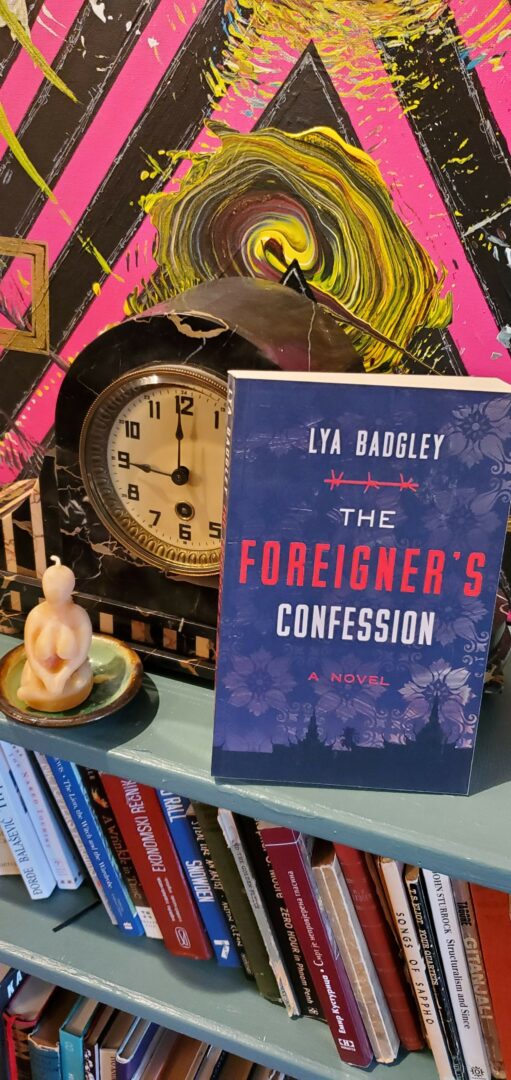
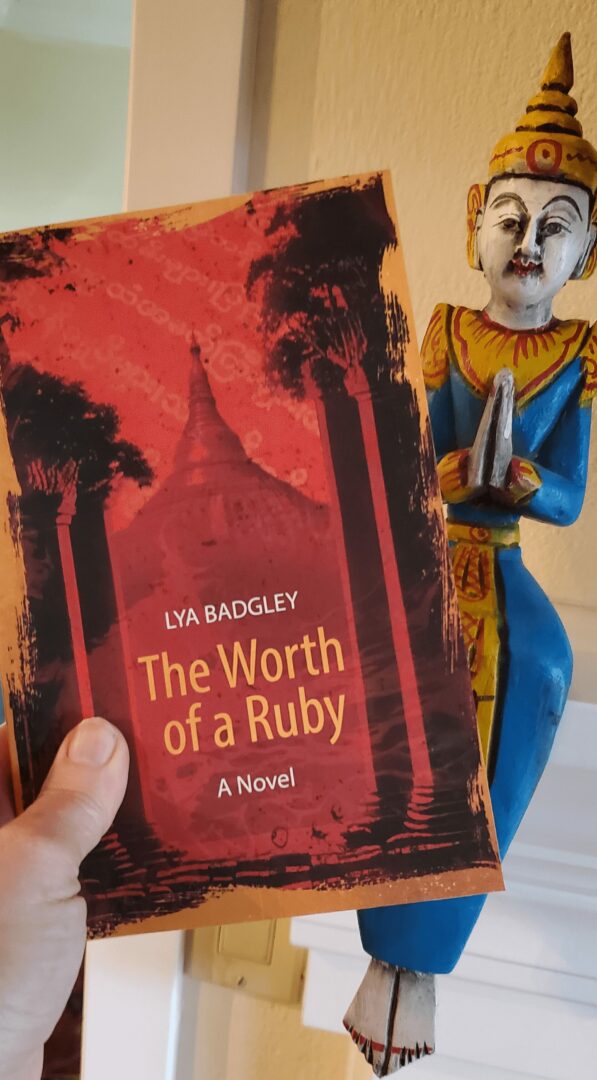
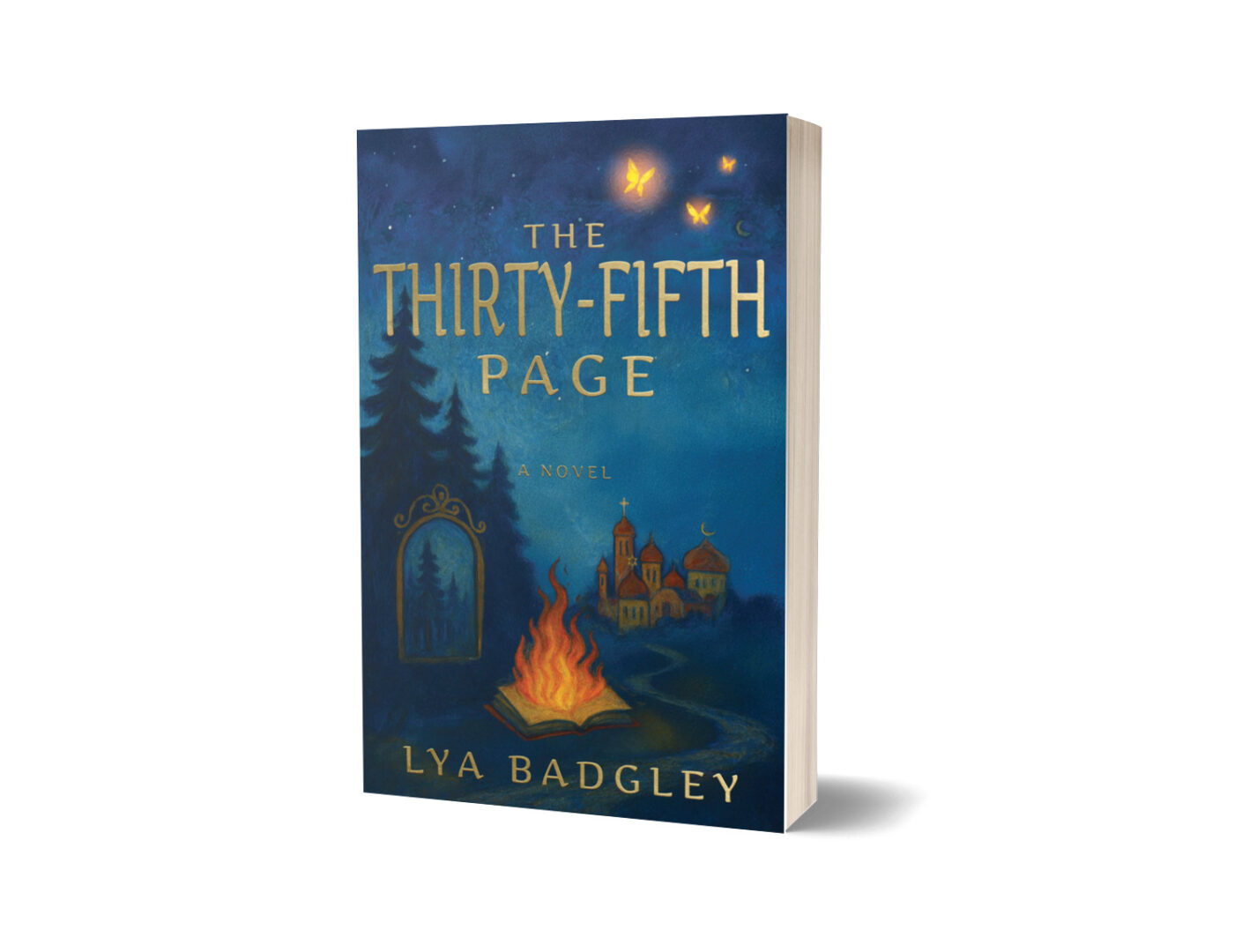
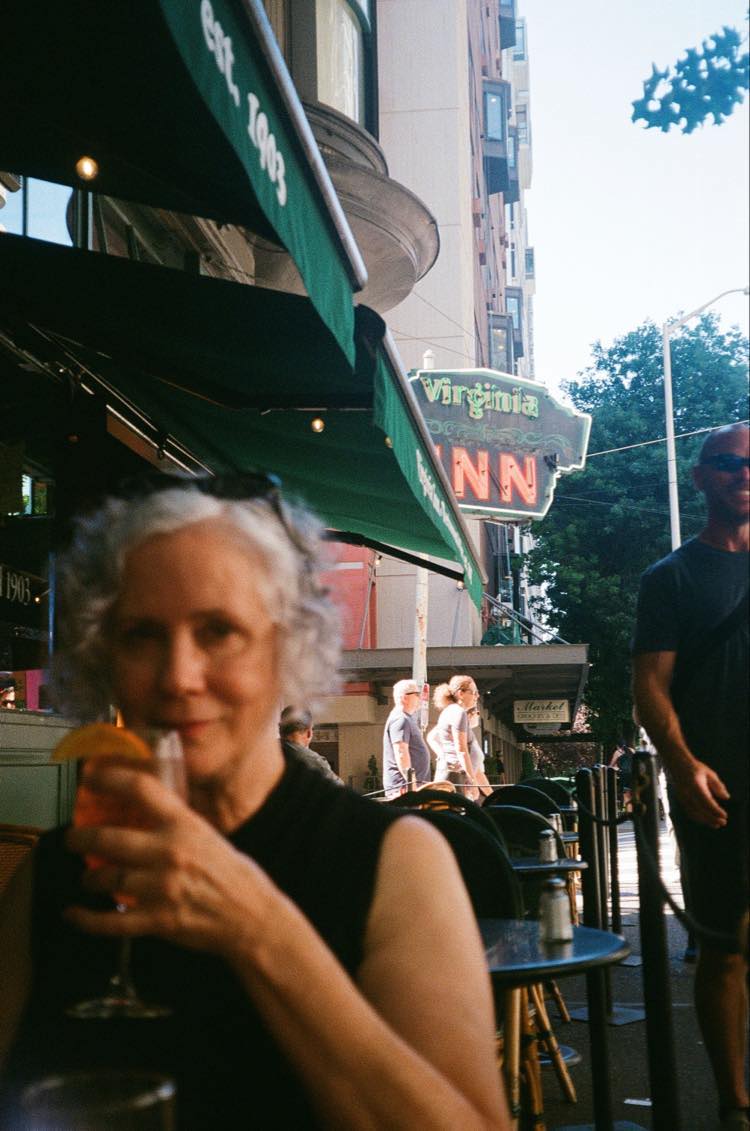
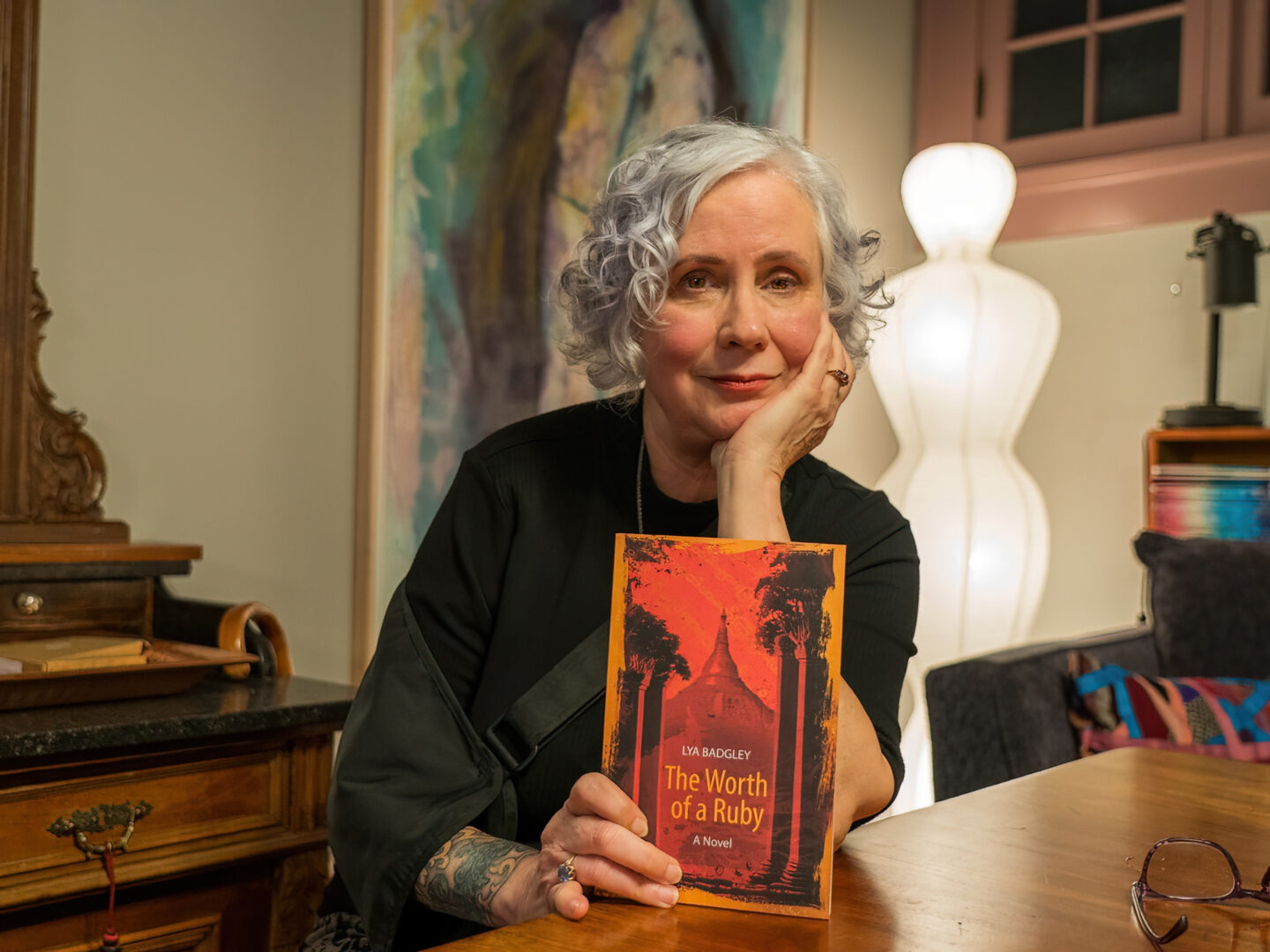
so if you or someone you know deserves recognition please let us know here.




